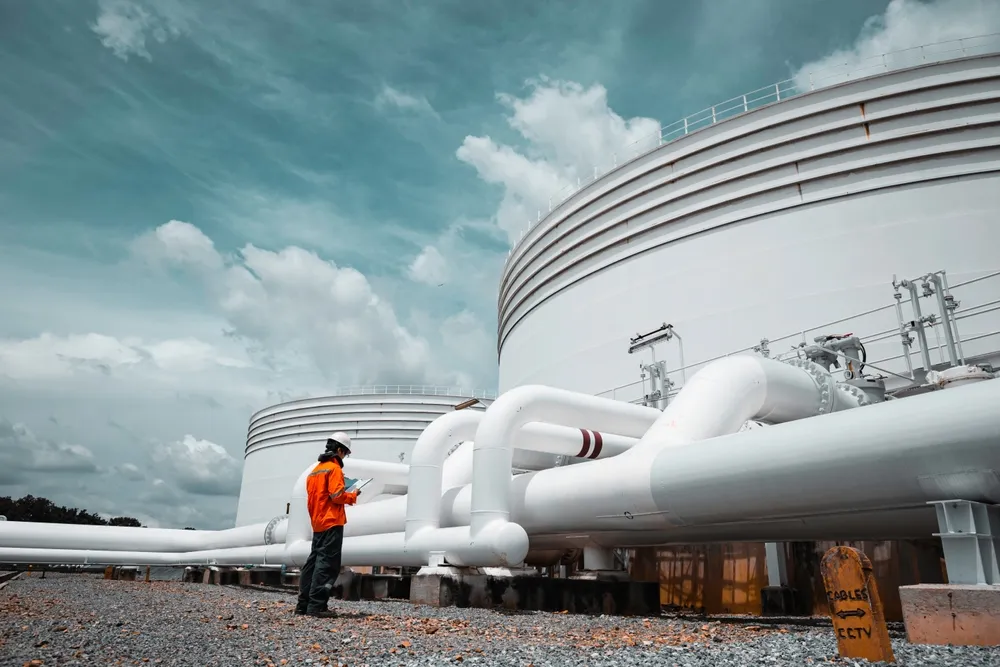

This course addresses the basics and specifics of cost engineering practice in oil and gas industry with emphasis on estimating, controlling and optimizing the costs of execution of the project in its life cycle. Such aspects as cost estimation, risk analysis, and investment evaluation methods aimed at enhancing project’s cost, timetable, and efficiency are to be mastered in oil and gas operations.
Cost Engineering has been identified as one of the critical aspects when dealing with the costs of a project, which is mostly evident in the petroleum sector as far as project CAPEX is concerned. It is a specialized area that combines engineering design with construction, in which the author insists that there is a need for architectural design of the expenditures.
It is imperative that the cost engineering principles and management practices are properly adhered to in the execution of engineering projects because of the large capital outlays involved in the projects. The aim of this course on cost engineering in oil and gas is to enable participants to produce realistic cost estimates by learning cost analysis, costing, project planning, risk management, and design-for-cost techniques in a practical approach.
In particular, the participants will study some of the most key principles, including Total Cost Management (TCM), which is necessary to manage a number of assets and projects in the oil industry. Participants will also be conversant with Cost Analysis, Cost Estimation, and Control methods that will help avoid unnecessary costs when managing expenses among the projects that will be executed.
This Principles and Practices of Cost Engineering in the Petroleum Industry Program is meant for engineers, economists, planners, and accountants who indulge themselves in cost verification and benchmarking, project management, and budgetary control. Lasting for five days, the course comprises classroom training, case studies, group work, as well as knowledge on the frameworks, guidelines, and standards adopted by AACE International and ACostE of the UK.
At the end of this Principles and Practices of Cost Engineering in the Petroleum Industry course, participants will be able to:
Unit 1: Cost Engineering Principles & Fundamentals:
Unit 2: Engineering Materials:
Unit 3: Cost Estimation:
Unit 4: Engineering Economics:
Unit 5: Strategic Asset Management/Portfolio & Management:
Unit 6: Project Cost Management:
Incorporating these aspects in the cost engineering in oil and gas course content enables learners to receive thorough training while enhancing their skillset by integrating industry-related features.
Invalid mobile number. Please enter a valid number.
















